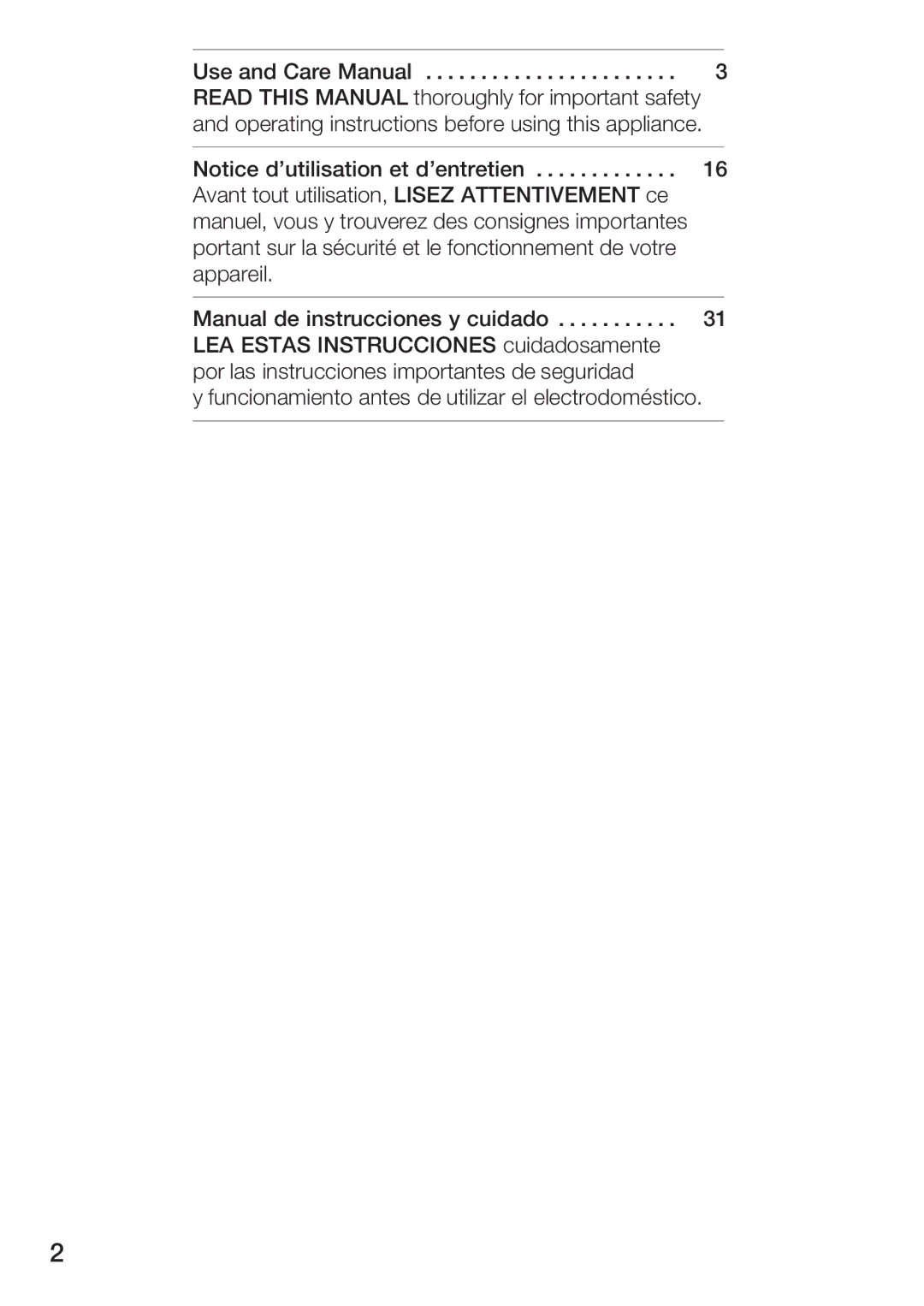MB 11000 UC specifications
The Siemens MB 11000 UC is an advanced modular automation controller designed to meet the complex demands of modern industrial environments. This controller stands out for its versatility, performance, and comprehensive features aimed at enhancing process efficiency across various sectors, including manufacturing, automation, and process control.One of the primary features of the MB 11000 UC is its modular design, which allows users to easily customize the controller according to specific application needs. This modularity facilitates the integration of additional functionalities, such as I/O modules, communication interfaces, and power supply options, ensuring scalability to accommodate future expansions or changes in operational requirements.
The MB 11000 UC supports multiple programming environments, including the widely recognized Siemens TIA Portal, which streamlines development processes and provides a user-friendly interface for programming, visualization, and commissioning. This platform enables engineers to create complex control algorithms and integrate various components seamlessly, promoting efficient project execution and reduced time-to-market for new products.
In terms of networking capabilities, the MB 11000 UC utilizes state-of-the-art industrial communication protocols, such as PROFINET and EtherNet/IP, ensuring seamless integration into existing industrial networks. It also supports wireless connectivity options, enhancing flexibility and allowing for easier communication with decentralized devices or cloud-based applications.
The controller boasts a robust processing architecture with advanced CPU options that deliver high speed and performance for executing control tasks. Its dual-core processing enables parallel execution of critical operations, ensuring real-time responsiveness even in demanding applications. Additionally, the device is designed to offer high reliability and longevity, with built-in features for redundancy that minimize downtime.
Security is a crucial concern in today’s industrial landscape, and the MB 11000 UC addresses this through comprehensive cybersecurity features. It includes secure access management, data encryption, and anomaly detection mechanisms that protect operational integrity and safeguard sensitive information.
In summary, the Siemens MB 11000 UC is a powerful modular automation controller characterized by its scalability, advanced programming capabilities, robust networking features, high processing performance, and comprehensive security measures. This makes it an ideal choice for industries looking to enhance efficiency, flexibility, and security in their automation processes. As industries continue to evolve towards smarter solutions, the MB 11000 UC emerges as a reliable backbone for modern automation needs.

